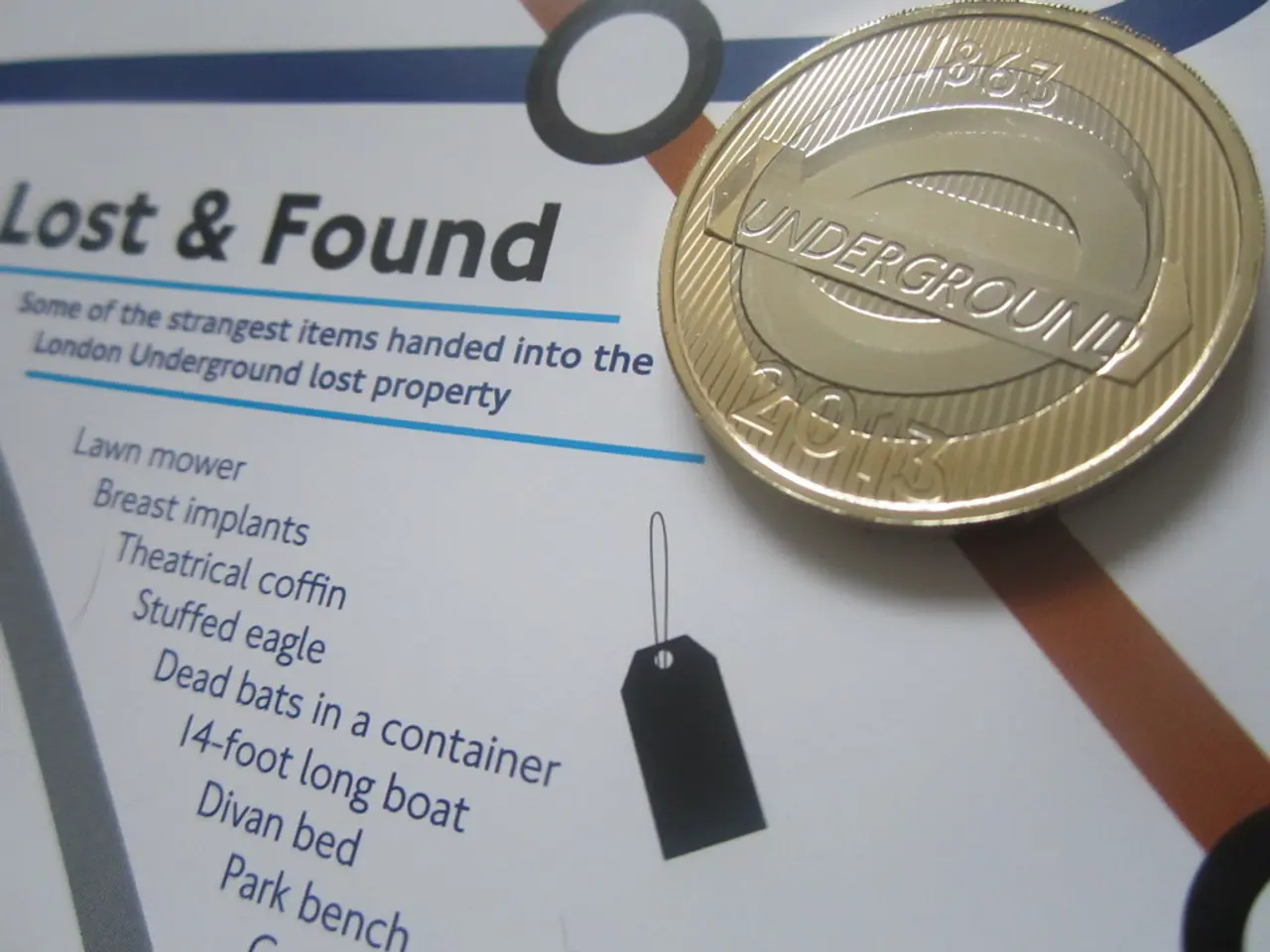Federal regulatory officials take action against a bank in Kansas for failure to meet Anti-Money Laundering (AML) compliance standards.
Small Business Bank Faces Federal Reserve Order for AML Compliance Deficiencies
Small Business Bank of Lenexa, Kansas, has received a cease-and-desist order from the Federal Reserve due to deficiencies in its anti-money laundering (AML) compliance program. The order, issued in response to "new and continuing deficiencies" found in the bank's operations, reflects ongoing regulatory scrutiny aimed at ensuring smaller banks adhere strictly to AML regulations.
The bank's specific deficiencies involve inadequate AML program implementation, insufficient monitoring of suspicious activities, and failures to correct previously identified issues related to the Bank Secrecy Act (BSA) and AML policies. These shortcomings prompted the Federal Reserve to demand corrective action to address structural weaknesses in the bank's compliance processes.
As part of the improvement plan mandated by the cease-and-desist order, Small Business Bank is required to enhance its AML compliance framework. This includes developing and maintaining effective transaction monitoring systems, conducting thorough suspicious activity investigations, implementing robust risk management practices, and ensuring board-level oversight of compliance functions.
The bank is also required to submit a plan within 60 days to improve its customer due diligence and identification programs, incorporating risk-based policies, procedures, and controls. Additionally, within 90 days, the bank must engage an independent third-party consultant to review its BSA/AML transaction monitoring system and prepare a report addressing the technological resources needed, adequacy of filtering criteria and system configurations, and testing of system information capture.
Small Business Bank's board must submit quarterly progress reports to the Fed within 30 days after the end of each quarter. The lender is barred from paying dividends without approval from the Fed, the Kansas City Fed, and the state regulator. The bank is also required to submit interim monitoring procedures for wire and Automated Clearing House transactions.
This enforcement action on Small Business Bank aligns with a broader regulatory trend where regulators, including the Federal Reserve, OCC, and FDIC, are increasingly focusing on smaller financial institutions to ensure uniform AML compliance regardless of size or complexity. Smaller financial institutions face structural challenges such as limited resources and less sophisticated compliance infrastructures, but regulatory expectations require they meet the same core standards as larger banks.
The earlier order, issued in September 2023, was based on deficiencies in risk management, compliance with AML regulations, and operational shortcomings found in an October 2022 exam. Since entering into a consent order with the regulators, Small Business Bank has waived its ability to challenge the findings of the central bank and its state supervisor. The community bank specializes in serving small and micro business owners across the U.S., offering them mobile banking and card products, according to its website.
- The Small Business Bank must strengthen its finance and business operations by improving its anti-money laundering (AML) compliance framework, as mandated by the cease-and-desist order issued by the Federal Reserve.
- To meet regulatory expectations and ensure uniform AML compliance, Small Business Bank is obliged to submit a plan for enhancing customer due diligence and identification programs, incorporate risk-based policies, and engage an independent third-party consultant for a review of its Bank Secrecy Act (BSA) and AML transaction monitoring system.




